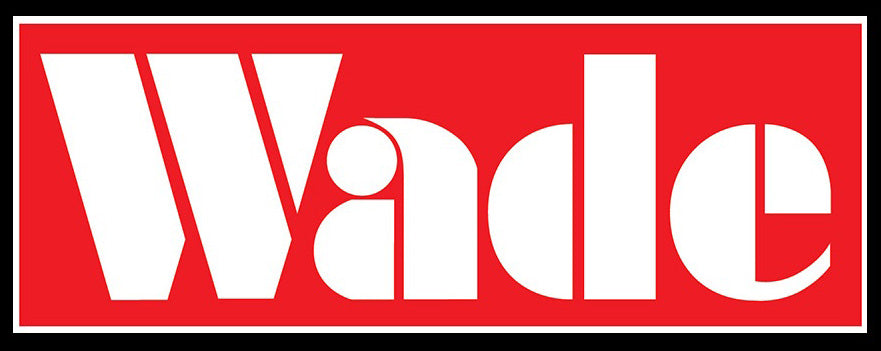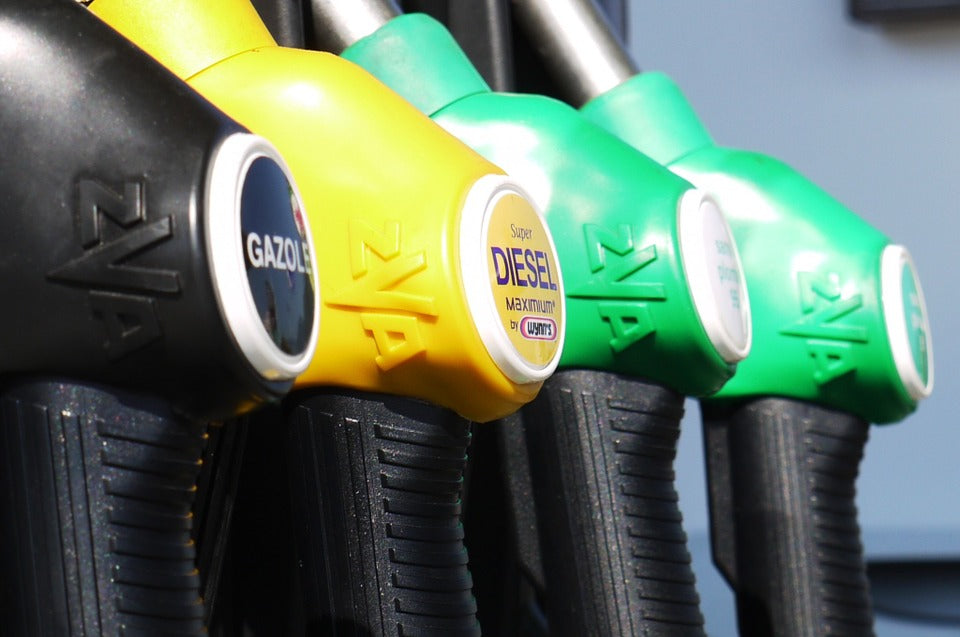4 Questions About Octane Ratings Answered
What is octane rating? This is a question I posed to my father when I was very young, and I was "helping" him pump gas. He told me that our car didn't need the same gas as the lawn mower, and then left it at that.
My young, uninformed brain simply puzzled over that for years with no clear answer, until as an adult, I finally asked someone who was actually helpful. One question developed into four:
- What is octane rating?
- Why are there differently rated fuels available?
- Is paying for higher octane rated gas worth it?
- Does octane rating relate to gas quality?
Now I am proud to say I have a much better understanding of why my dad explained it in terms of car vs. lawn mower.
What is octane rating?
The octane rating of gasoline is also known as the Anti Knock Index rating. Essentially, this rating reflects the gasoline’s ability to resist knock.
What is knock? It's the technical term for when fuel combusts prematurely in an engine. It often causes a “knocking” noise, hence the term.
The problem with fuel that combusts before it’s supposed to is that it causes engine damage. Over time, the knocking can lead to engine failure.
So, for obvious reasons, you’d want to try and avoid knock in your own engine as much as possible.
But when you have an internal combustion engine, you need that combustion in order for it to work. You need fuel that combusts. When your engine applies compression to the fuel, the fuel needs to be able to withstand that pressure until the right moment. Timing is everything in making your engine efficient as well as avoiding damage.
Why are there differently rated fuels available?
So, if we all want to avoid knock, why do we even need multiple octane ratings? Why not use the best one, every time?
Simply put: Not all engines are created equal. Your lawn mower does not require the same fuel as your high performance Lamborghini.
Internal combustion engines are made for different purposes, and the octane rating for the fuel they use can be different, too.
High octane fuel is a must-have for high performance engines because those engines are specifically designed to use a fuel that can resist compression at higher levels. Your regular run-around-town car can use lower octane fuels and never risk knocking because those engines don’t have a high compression factor.
So, while your McLaren 720S absolutely needs higher octane rated fuel, your Honda CRV will run perfectly on lower octane rated gasoline. And since our tastes and uses for vehicles is as varied as our preferences for shoes, there are different octane ratings to suit those needs.
Is paying for higher octane rated gas worth it?
Not if you don’t have a high performance engine that requires it, or if your engine is having trouble with knock.
Every user’s manual will tell you what octane rating your vehicle needs, and in general, the regular engine will run smoothly and safely on the lower rated octane.
Manufacturing higher octane fuel costs more, and that cost is passed on in higher at-the-pump prices. Your engine might get a small efficiency boost from using the higher octane fuel, but often the savings you get from that efficiency isn’t enough to justify paying for the fuel.
Does octane rating relate to gas quality?
No. Octane rating is only a rating that reflects how well that fuel mixture resists combusting during compression in the engine. It is not a gauge of the quality of the fuel itself.
Instead, quality gasoline comes from the manufacturer’s additives that protect and enhance the engine’s performance, mainly in the area of preventing carbon deposits.
If you are looking to use high quality gasoline, regardless if it’s Regular or Premium, you’ll want to use a fuel that is labeled Top Tier. This rating is governed by a certification process that demonstrates that the fuel mixture has the additives that go above-and-beyond in controlling engine deposits and keeping engine components cleaner, longer.
4 Questions About Octane Ratings, Finally Answered
Combustion is at the heart of what makes our engines run. We need explosions to happen, but not willy-nilly. The careful timing means we get the best fuel economy and engine efficiency, as well as the power we expect.
Using the right octane means we avoid knock, and the damage it can do. But, we don't need to use higher octane fuel if the engine we have doesn't require it, meaning we can save money at the pump.
Refer to your owner's manual to see what fuel is required for your car, and if your child asks you about octane rating, please be more clear in your answer, too.

